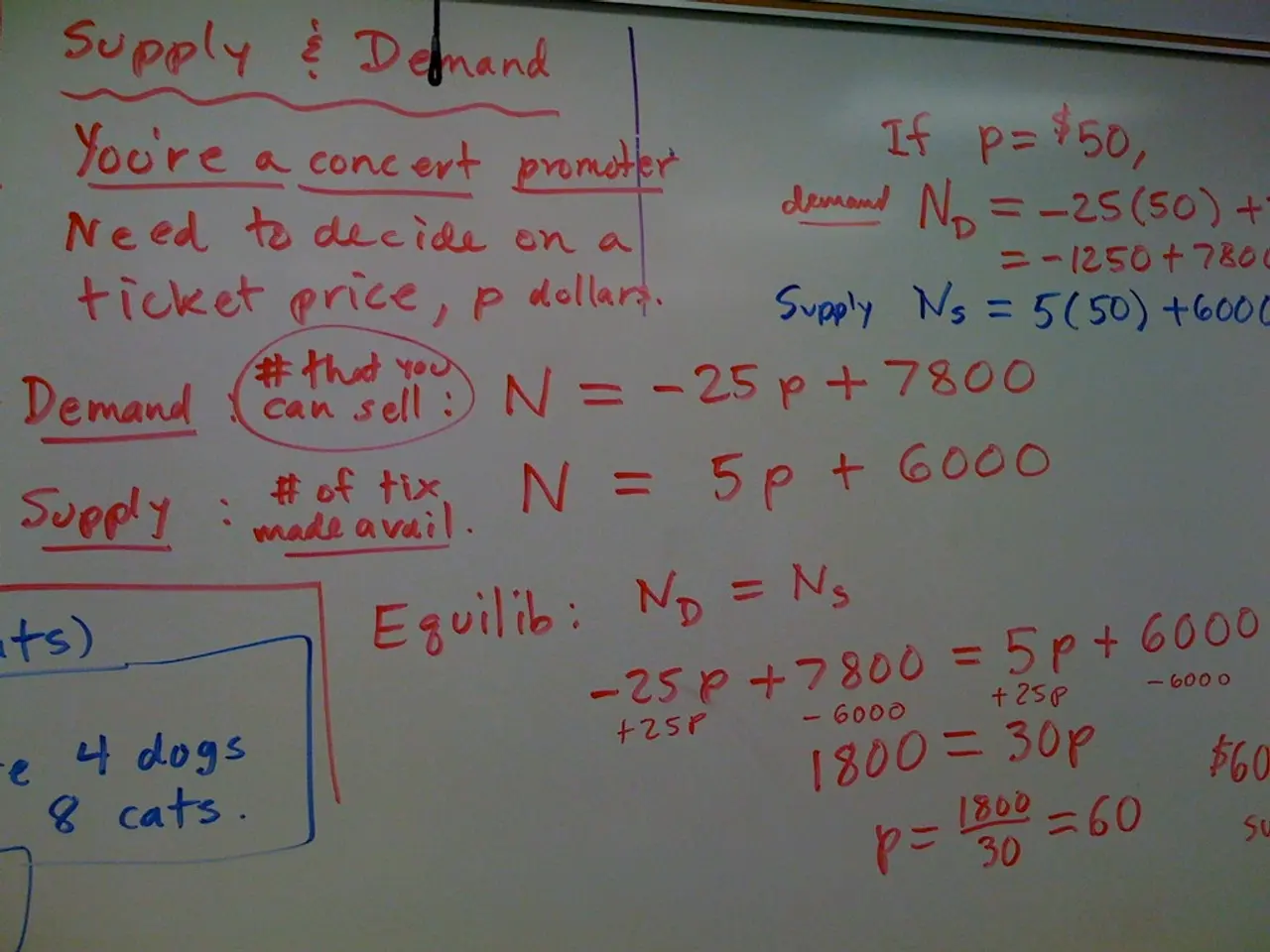Development of a Decentralized Platform for Derivatives Trading
Decentralized derivatives exchanges (DDEXs) are gaining traction in the cryptocurrency trading landscape, despite centralized exchanges (CEXs) maintaining dominance. DDEXs facilitate peer-to-peer trading by employing automated smart contracts, eliminating the need for intermediaries.
In the past, exchanges like the Chicago Board Options Exchange (CBOE) and the Chicago Mercantile Exchange (CME) led the way by offering crypto derivatives a few years ago. Now, many exchanges are considering trading cryptocurrency derivatives in response to their success and profitability from Bitcoin futures.
The development of decentralized derivatives exchanges is aided by specialized services that focus on meticulous coding and thorough testing. Developers are innovating new aggregation techniques and exchange protocols to address the issue of disconnected liquidity inherent in DDEXs. Here, we delve into the concept of derivatives, the script for DDEX development, and their relevance in project development.
What is a Derivative?
A derivative is a financial contract between multiple parties, the value of which is contingent on the performance of an underlying financial asset or collection of assets. Derivatives are utilized to speculate on an asset's movement, hedge a position, or leverage holdings, with the value of a derivative dependent on changes in the underlying asset's value.
Varieties of Derivatives
Common derivatives include forwards, futures, swaps, and options. Stocks, bonds, commodities, currencies, interest rates, and market indexes are typical underlying assets.
Forwards
A long position is taken by the party agreeing to acquire the underlying asset in the future, while a short position is taken by the party agreeing to sell the asset. A forward is a non-standardized contract between these two parties, with the delivery price established at the time the contract is agreed upon.
Futures
A futures contract is a pre-determined and tradeable contract facilitated through a clearinghouse, complete with interim partial settlements for margin requirements.
Swaps
Swaps are financial derivatives involving two parties exchanging the cash flows of one financial instrument for the cash flows of another, as outlined in a swap agreement detailing payment dates and computation processes.
Options
Options are financial derivatives granting buyers the right to buy or sell an underlying asset at a specific price and date. Call and put options are the two options used for hedging, generating income, or speculation.
The development of a user-friendly and feature-rich DDEX involves several steps. Businesses can utilize DEX scripts to develop exchanges on platforms like Tron, EOS, Ethereum, and more, with tested scripts providing a customized solution with a quick turnaround time.
In an ideal DDEX platform, users should experience an error-free and seamless trading experience, backed by around-the-clock technical support. The platform should also be designed with a user-friendly interface, prioritizing a smooth trading journey.
Automated transactions are central to derivative trading, reducing the need for intermediaries and streamlining the trading process. This can be achieved through a highly configurable platform that allows traders to set rules for transactions execution when those rules are matched.
Advanced order matching features linking buyers and sellers based on their specific parameters should be offered on the trading platform. A wallet compatible with various currencies is essential for dealing with the diverse crypto market.
An intuitive admin panel available 24/7 is crucial for addressing client inquiries and managing the exchange efficiently. A robust trading platform that ensures the efficient management of assets transferred in legal agreements is also necessary.
The platform should be able to communicate in multiple languages for easy access and secure asset transfers. Compliance with cross-platform standards should also be ensured, enabling broader participation.
Security, trustworthiness, and data privacy are key aspects of DEXs, operating without the involvement of intermediaries that might pose security risks or manage assets. An experienced crypto exchange development company can create and deliver specialized cryptocurrency derivatives trading platforms tailored to a business' specific needs, potentially including UniSwap, PancakeSwap, SushiSwap, 1inch, or similar solutions.
If you're considering launching your DEX, Antier Solutions can assist. They provide customized solutions for building high-performance decentralized exchanges fortified with institutional-grade security, specializing in building exchanges from the ground up, as well as DEX exchange script solutions. Schedule a free demo of one of their decentralized exchange projects or connect with their subject matter experts to discuss your business needs.
- Cryptocurrency derivatives, such as forwards, futures, swaps, and options, are financial contracts whose value is contingent on the performance of an underlying asset and are used for speculation, hedging, or leveraging.
- Businesses can develop decentralized cryptocurrency exchanges (DDEXs) using tested scripts on platforms like Tron, EOS, Ethereum, among others, ensuring a customized and feature-rich exchange.
- In an ideal DDEX, users should encounter an error-free and seamless trading experience, supported by round-the-clock technical assistance, a user-friendly interface, and an intuitive admin panel.
- Automated transactions and advanced order matching features should be available on the platform, facilitating trading by setting rules for transaction execution and linking buyers and sellers based on their specific parameters.
- A robust and secure DEX development company like Antier Solutions can create specialized cryptocurrency derivatives trading platforms, ensuring not only high performance and institutional-grade security but also compatibility with cross-platform standards for broader participation.




